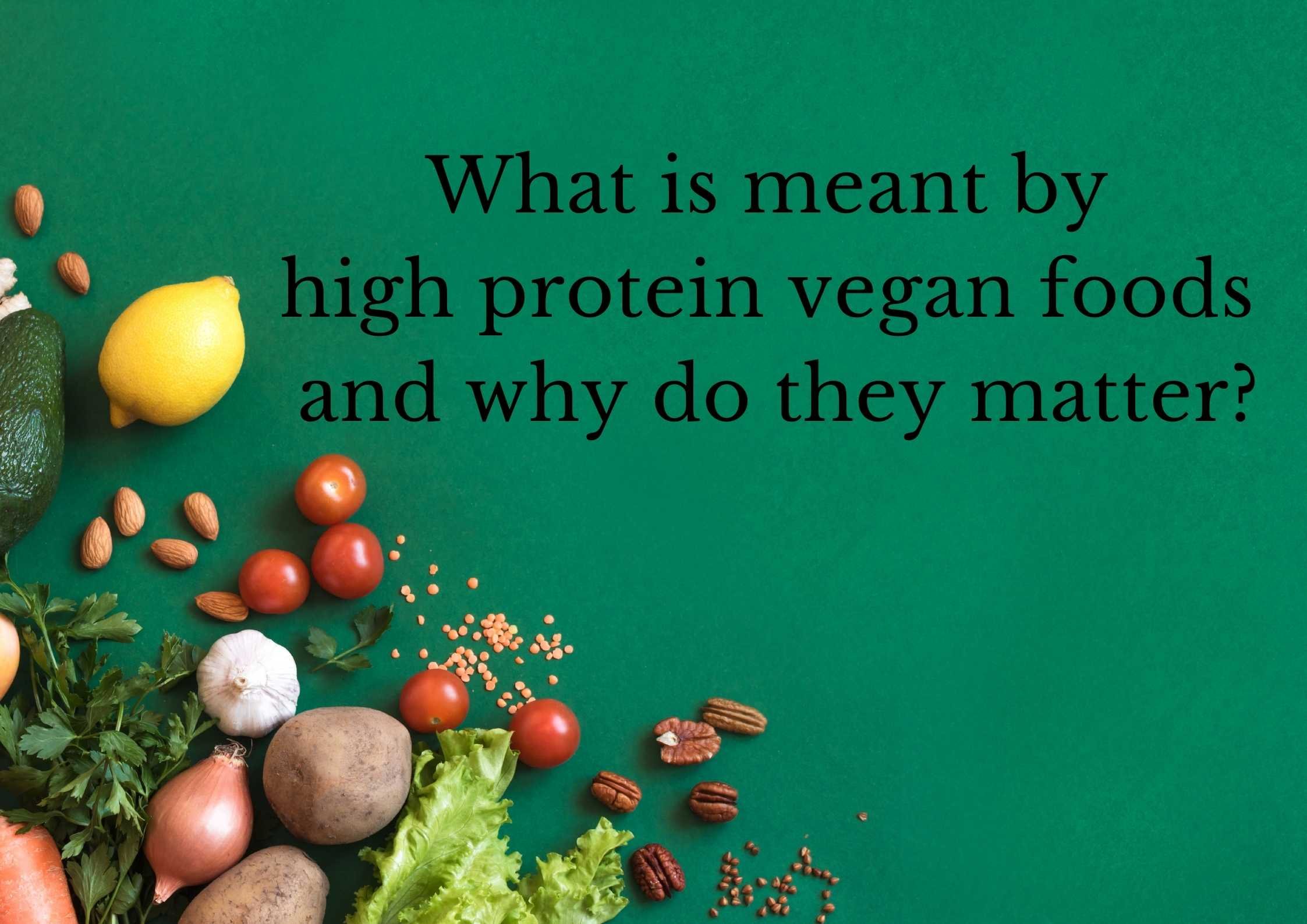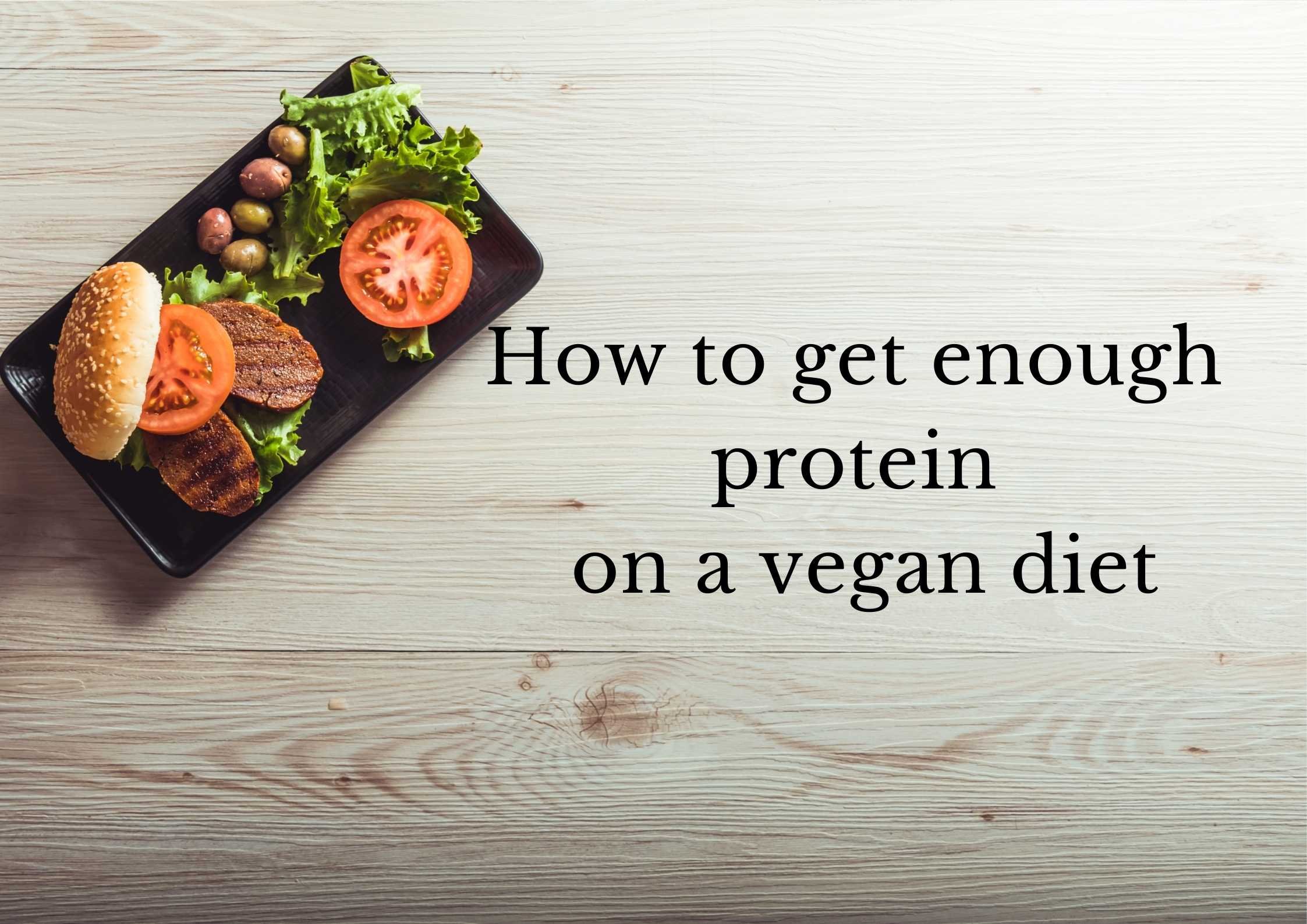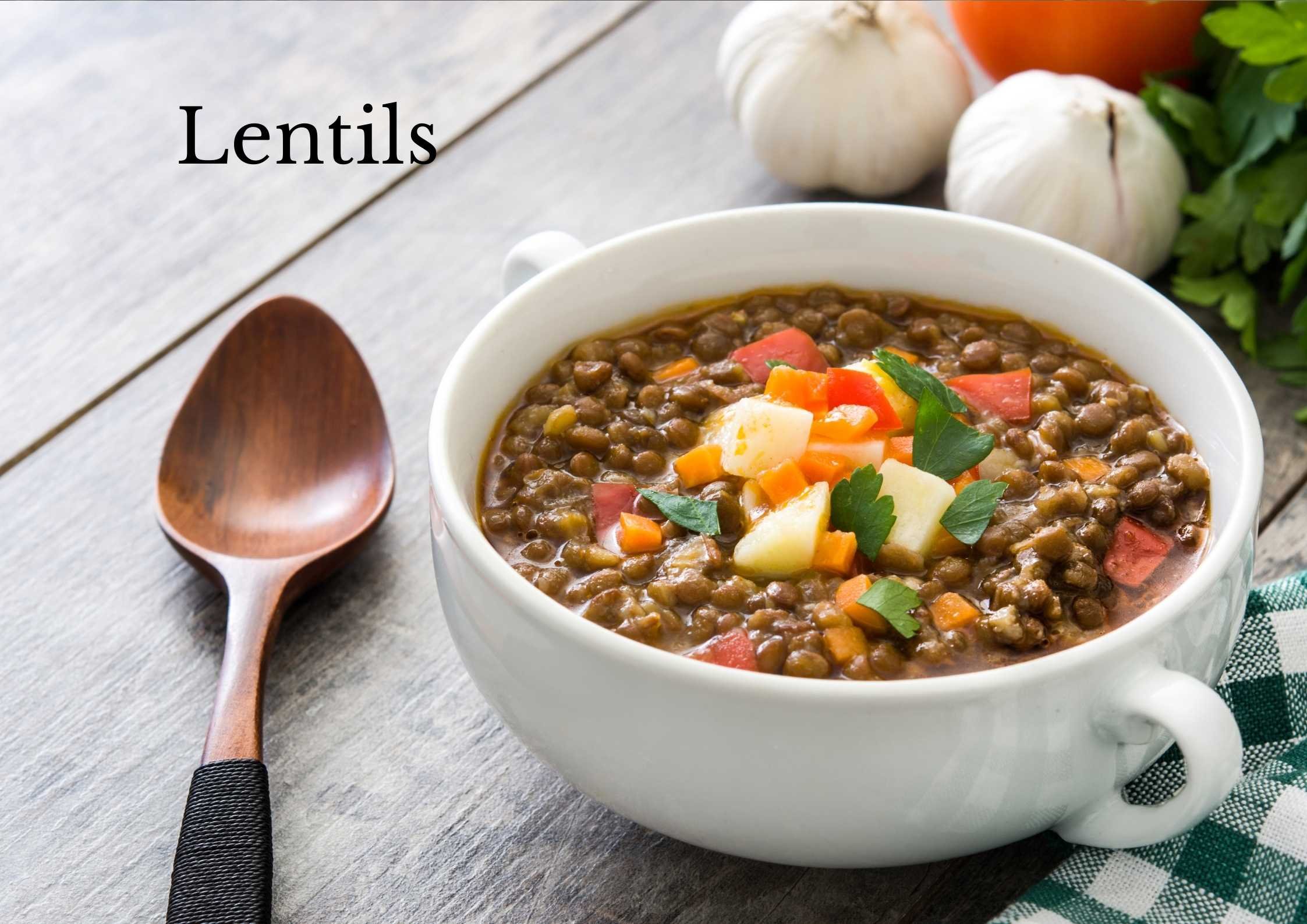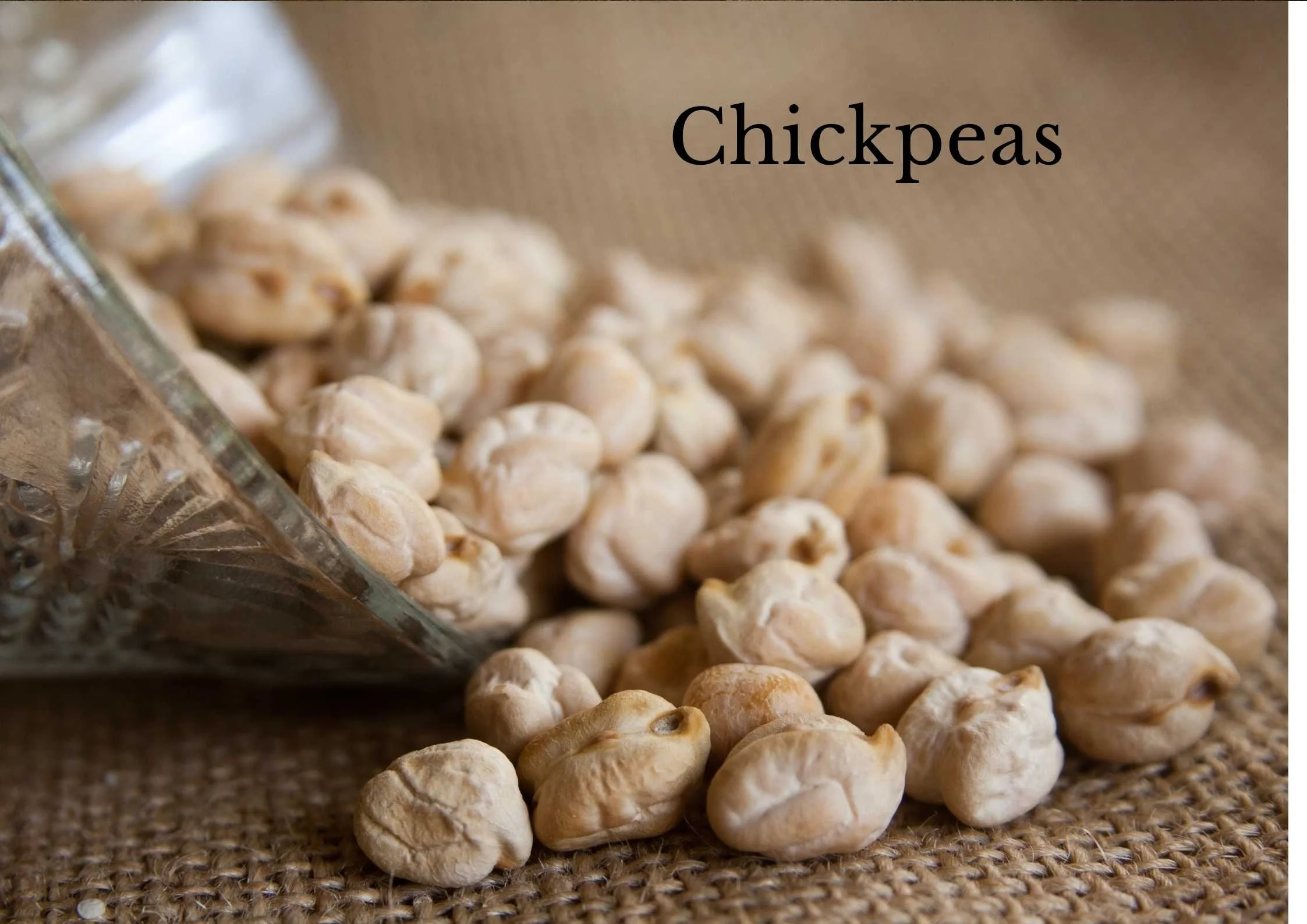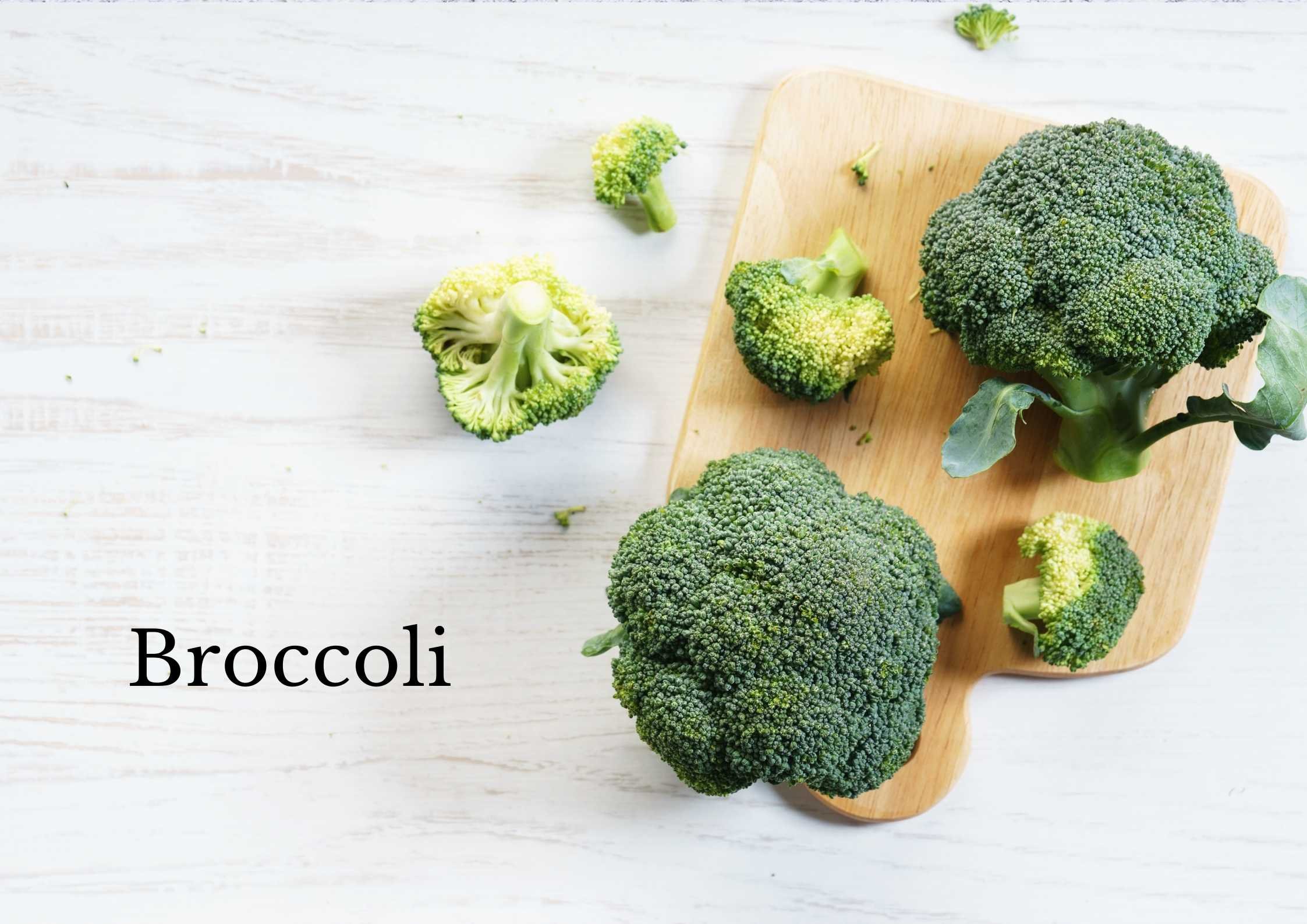High Protein Vegan Foods
If you’re vegan or thinking of going vegan, you need to know about high-protein foods. Protein is essential for repairing and building muscle, and it also helps keep you feeling fuller longer. Here are some top plant-based sources of protein to help you stay healthy and fit.
What is meant by high protein vegan foods and why do they matter?
A vegan diet is one that omits all animal products, including meat, poultry, fish, eggs, and dairy. While it’s possible to get plenty of protein from plant-based foods, many people find it difficult to meet their daily protein needs on a vegan diet. This is where high-protein vegan foods come in.
High-protein vegan foods are plant-based foods that are especially rich in protein. They can help you meet your daily protein needs and ensure that you’re getting all the essential amino acids your body needs to function optimally.
The benefits of high-protein vegan foods
There are many benefits to including high-protein vegan foods in your diet.
First, they can help you meet your protein needs. Protein is an essential nutrient that plays a role in numerous biological processes, including cell growth and repair, muscle development, and immune function.
Second, high-protein vegan foods are often also rich in other nutrients, such as fiber, vitamins, and minerals. This means that they can help you meet your daily nutritional needs and reduce your risk of developing nutrient deficiencies.
Third, high-protein vegan foods tend to be more filling than other types of food. This can help you control your weight or lose weight if necessary.
Fourth, some research suggests that a higher intake of protein may help protect against various chronic diseases, such as obesity, type 2 diabetes, and heart disease.
So, if you’re looking to improve your health in multiple ways, including by increasing your protein intake, then including high-protein vegan foods in your diet is a good place to start.
How to get enough protein on a vegan diet
If you’re vegan, there are a few strategies you can use to make sure you’re getting enough protein.
First, include a variety of protein-rich foods in your diet. Some good options include beans, lentils, quinoa, tofu, tempeh, and nut butter.
Second, eat protein-rich foods at every meal. This will help ensure that you’re meeting your daily needs.
Third, if you struggle to get enough protein from food alone, consider supplementing with a vegan protein powder. This can be a convenient way to increase your protein intake without having to eat large amounts of food.
Fourth, if you have any medical conditions or health concerns that might make it difficult for you to get enough protein from food, talk to your doctor or a registered dietitian. They can help you create a personalized meal plan that meets your needs.
High protein vegan foods to eat:
High protein vegan foods to eat:
1. Lentils:
Lentils are a great high-protein food for vegans to eat. A one-cup serving of cooked lentils provides around 18 grams of protein, as well as plenty of fiber, folate, and other nutrients. Lentils are also a good source of iron, zinc, and magnesium. Lentils are also versatile, meaning they can be used in a variety of recipes. Some of their health benefits include:
•Reducing the risk of heart disease
•Helping to regulate blood sugar levels
•Preventing cancer
•Aids in weight loss
This makes them a perfect food to eat if you are looking for a healthy and nutritious meal.
2. Green peas:
Green peas are another vegan-friendly food that is high in protein. A one-cup serving of cooked green peas contains around 8 grams of protein. Green peas are also a good source of fiber, vitamins C and K, manganese, and folate. Green peas have a variety of health benefits, including:
•Reducing the risk of heart disease
•Helping to regulate blood sugar levels
•Aids in weight loss
3. Chickpeas:
Chickpeas are a type of legume that is high in protein and fiber. A one-cup serving of cooked chickpeas provides around 15 grams of protein. Chickpeas are also a good source of iron, phosphorus, copper, magnesium, and manganese. Chickpeas have a variety of health benefits, including:
- Improving digestion
- Regulating blood sugar levels
- Reducing inflammation
- Supporting weight loss
- Boosting heart health
4. Quinoa:
Quinoa is a grain that is packed with protein. A one-cup serving of cooked quinoa provides around 8 grams of protein. Quinoa is also a good source of fiber, iron, magnesium, phosphorus, and copper. Quinoa has a variety of health benefits, including:
- Reducing the risk of heart disease
- Helping to regulate blood sugar levels
- Supporting weight loss
- Boosting energy levels
5. Hemp seeds:
Hemp seeds are a great vegan-friendly source of protein. A one-ounce serving of hemp seeds provides around 10 grams of protein. Hemp seeds are also a good source of omega-3 fatty acids, magnesium, and potassium. Hemp seeds have a variety of health benefits including:
- Reducing the risk of heart disease
- Supporting weight loss
- Boosting cognitive function
- Reducing inflammation
6. Spirulina:
Spirulina is a type of algae that is high in protein and other nutrients. A one-cup serving of spirulina provides around 8 grams of protein. Spirulina is also a good source of vitamins B1, B2, and B3, copper, iron, magnesium, manganese, and potassium. Spirulina has a variety of health benefits, including:
Boosting energy levels
Enhancing brain function
Supporting cardiovascular health
Enhancing detoxification
7. Nutritional yeast:
Nutritional yeast is a type of yeast that is often used as a vegan-friendly source of protein. A one-ounce serving of nutritional yeast provides around 8 grams of protein. Nutritional yeast is also a good source of vitamins B1, B2, and B6, folic acid, selenium, and zinc. Nutritional yeast has a variety of health benefits, including:
- boosting the immune system
- helping to regulate blood sugar levels
- providing a natural source of energy
- preventing migraines and headaches
8. Nuts and nut butter:
Nuts and nut butter are both great vegan-friendly sources of protein. A one-ounce serving of almonds provides around 6 grams of protein, while a one-ounce serving of peanut butter provides around 8 grams of protein. Nuts and nut butter are also a good source of fiber, vitamins E and B6, magnesium, phosphorus, and copper. Nuts and nut butter have a variety of health benefits, including:
- Reducing the risk of heart disease
- Helping to regulate blood sugar levels
- Supporting weight loss
- Boosting cognitive function
9. Broccoli:
Broccoli is a type of vegetable that is high in protein and other nutrients. A one-cup serving of cooked broccoli provides around 6 grams of protein. Broccoli is also a good source of fiber, vitamins C and K, manganese, potassium, and phosphorus. Broccoli has a variety of health benefits, including:
- aiding in weight loss
- reducing inflammation
- protecting against heart disease
- preventing certain types of cancer
- improving digestive health
10. Whole grains:
Whole grains are a type of food that contains all three parts of the grain kernel — the endosperm, bran, and germ. These foods are excellent sources of fiber, vitamins, minerals, and other nutrients. Examples of whole grains include oats, brown rice, quinoa, and wheat. Whole grains have a variety of health benefits, including:
- reducing the risk of heart disease
- improving blood sugar control
- lowering cholesterol levels
- reducing the risk of certain types of cancer
11. Beans and legumes:
Beans and legumes are a type of food that is high in protein and fiber. They are also a good source of vitamins and minerals. Examples of beans and legumes include lentils, black beans, kidney beans, and chickpeas. Beans and legumes have a variety of health benefits, including:
- Reducing the risk of heart disease
- Improving blood sugar control
- Reducing the risk of certain types of cancer
- aiding in weight loss
12. Tempeh
Tempeh is a fermented soybean product that is high in protein. A one-cup serving of tempeh provides around 16 grams of protein. Tempeh is also a good source of fiber, vitamins B2 and B6, and magnesium, phosphorus, and manganese. Tempeh has a variety of health benefits, including:
- Boosting energy levels
- Supporting heart health
13. Seitan
Seitan is a type of wheat protein that is high in protein. A one-cup serving of seitan provides around 75 grams of protein. It is made by rinsing wheat flour dough to remove the starch. Seitan is also a good source of iron, magnesium, phosphorus, and manganese. Seitan has a variety of health benefits, including:
- Boosting energy levels
- Building muscle mass
- Supporting heart health
14. Tofu:
Tofu is a type of soybean product that is high in protein. A one-cup serving of tofu provides around 20 grams of protein. It is made by curdling soy milk and then pressing the curds into blocks. Tofu is also a good source of fiber, iron, calcium, and magnesium. Tofu has a variety of health benefits, including:
- Supporting cardiovascular health
- Helping to regulate blood sugar levels
- Enhancing brain function
15. Cauliflower:
Cauliflower is another type of vegetable that is high in protein. A one-cup serving of cooked cauliflower provides around 5 grams of protein. Cauliflower is also a good source of fiber, vitamins C and K, manganese, phosphorus, and magnesium. Cauliflower has a variety of health benefits, including:
- Reducing the risk of heart disease
- Helping to regulate blood sugar levels
- Boosting cognitive function
High protein vegan meal ideas:
1. Brown rice and vegetable bowl:
Combine cooked brown rice with sautéed vegetables and a tofu or tempeh-based protein.
2. Quinoa and bean salad:
Combine cooked quinoa, beans, vegetables, and a dressing of your choice.
3. Lentil loaf:
This dish is made by combining cooked lentils, oats, vegetables, and spices. It can be served with a side of mashed potatoes or steamed veggies.
4. Veggie burger:
There are many vegan burger recipes available online or in cookbooks. These burgers can be made from a variety of ingredients, including beans, grains, and vegetables.
5. Cauliflower crust pizza:
This dish is made by using cauliflower "crust" in place of traditional dough. Top with tomato sauce, vegan cheese, and vegetables.
Protein supplements for vegans:
There are a variety of protein supplements available for vegans, including:
Plant-based protein powders:
These powders can be made from a variety of ingredients, including pea protein, rice protein, and hemp protein. They can be added to smoothies or used in baking.
Protein bars:
There are many brands of vegan protein bars available on the market. These bars can be a convenient way to get an extra boost of protein.
Protein shakes:
Protein shakes can be made with plant-based milk, such as almond milk or soy milk, and a protein powder of your choice. They can also be flavoured with fruit, nut butter, or spices.
Vegan meal replacement shakes:
These shakes typically contain a mix of proteins, carbohydrates, and fats. They can be used as a meal replacement or as a snack.
Bottom Line:
There are many high-protein vegan foods that can help you meet your daily protein needs. These foods include tofu, tempeh, seitan, lentils, beans, and quinoa. You can also get protein from plant-based protein powders, bars, and shakes. Supplementing with a vegan protein powder can be a convenient way to increase your intake of this nutrient.

